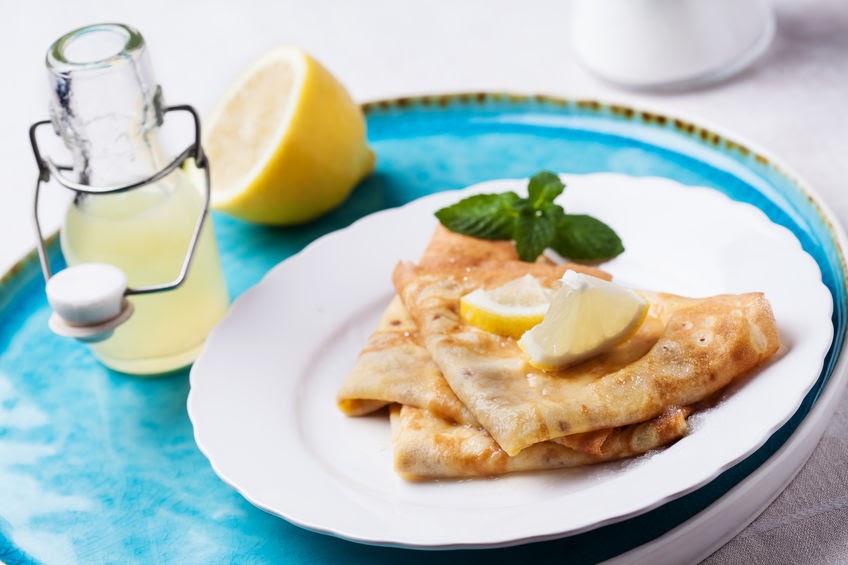 Wherever you’re from, it’s hard to deny that Shrove Tuesday can be one of the best days of the year for food. It’s a time to show off those awesome pancake-flipping skills you’re so keen to practise.
Wherever you’re from, it’s hard to deny that Shrove Tuesday can be one of the best days of the year for food. It’s a time to show off those awesome pancake-flipping skills you’re so keen to practise.
Being such a widespread tradition, it’s only natural that many different variations of Shrove Tuesday, also known as Pancake Day, exist across the world.
This year, we thought we’d explore these Pancake Day traditions and see how they contrast with our English traditions.
Denmark
On the last Sunday before Lent, Danish toyshops and bakeries become full of toy cats, wooden barrels and lots and lots of freshly made buns.
These delicious treats are full to the brim with whipped cream, strawberry jam and melted chocolate. This is Fastenlavn, the Danish edition of Pancake Day.
Originally, Fastenlavn was meant to be the last day to feast on dairy foods, sweets and buns before fasting for Lent.
Nowadays, it involves “hitting the cat out of the barrel”, which is a game that (thankfully) doesn’t involve hitting real cats, but is kind of like a Danish piñata in which sweets are involved.
Lithuania
In Lithuania, Uzgavenes is a popular tradition which literally translates to ‘the time before Lent’. This obviously means it begins on Shrove Tuesday, the day before Lent begins on Ash Wednesday.
The festival is made up of humour, pranks, superstitions and a ton of food. It is often celebrated in public town squares, local parks and in the family home, meaning everyone can enjoy it.
There’s plenty of dressing up too as well as a singing and dancing, and children are encouraged to ask for pancakes and money, a lot like trick or treating at Halloween.
To top it all off, Lithuanians are encouraged to eat 12 meals during Shrove Tuesday to get themselves ready for the fast.
Canada
Canada’s Pancake Day is similar to our own here in the UK. The celebrations start on Shrove Tuesday and mark the beginning of indulgence before giving up on meat, eggs, milk and butter for 40 days.
Canadians like to put maple syrup on their pancakes rather than sweet lemon and sugar, as well as partridge berry jam and sausages.
They also add small objects to their pancake mix (after cleaning them, of course) which can include coins, buttons, rings or bits of string.
Each has its own special meaning, the luckiest of which is bound to be the discovery of a coin. It is believed those who find coins in their pancakes will become rich.
Poland
In the 17th Century, Polish ancestors used to celebrate their version of Shrove Tuesday by eating copious amounts of lard, bacon and vodka for an entire week.
In more modern times, the Polish have a healthier approach to this ancient tradition, though it may not sound like it at first.
This is known as Fat Thursday, celebrated on the last Thursday before Lent where the Polish consume nothing but pancakes, pastries and jam-filled doughnuts.
It is one of the busiest days of the year in Poland with bakeries and cake shops opening in the early hours of the morning to prepare all the confectioneries to be consumed that day.
Spain
Finally, we reach good old Spain, where the celebration of Shrove Tuesday is very different from our own.
They start things on the Thursday before Ash Wednesday, throwing a carnival known as Dia de la Tortilla, or “Day of the Omelette”
So, instead of pancakes, the Spanish eat omelettes and although this tradition can vary depending on the town you live in, generally speaking it involves a feast that takes place in your local town square.
Visit the Works on Shrove Tuesday!
Are you feeling peckish for some pancakes this Shrove Tuesday? Visit the Works for a selection of sweet and savoury options!

